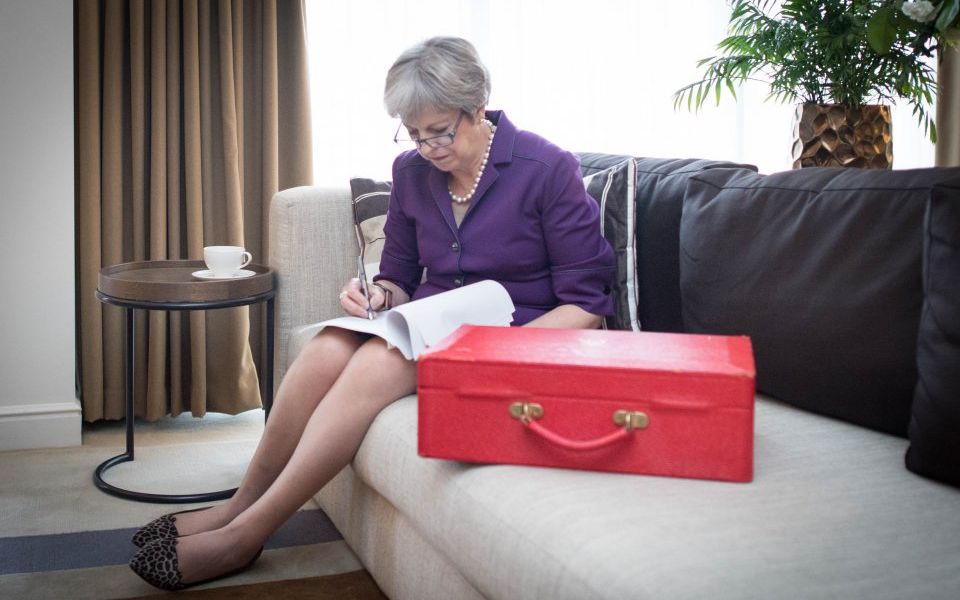The government’s migration blindspot is a missed opportunity

If there is one message that has been trumpeted by cabinet ministers, MPs, and members at this week’s Conservative party conference, it is that the Tories are and have always been the party of business.
From Philip Hammond’s affirmation that “the Conservative party has business at its core”, to Boris Johnson waxing lyrical about the power of British enterprise, this is how the Tories want to be perceived.
It will come as a disappointment, then, to advocates of businesses large and small alike, that the party has an enterprise-shaped blindspot where its immigration policy ought to be.
Read more: Business groups criticise government's post-Brexit immigration system
Migrants, both high and low skilled, are essential to British business. For all that the government may try to draw a line between the two, the foreign waiters, fruit-pickers, carers, and construction workers who underpin our economy are just as essential as the coders who light up Silicon Roundabout and the engineers who keep UK manufacturing at the cutting edge of technology.
Nor is it clear why government bureaucracy should be better at deciding which skills the economy requires when than the market forces which Conservatives are traditionally meant to respect. Business knows best what it needs.
But those at the top of this government are still refusing to listen.
On the same day as the home secretary said of EU workers in Britain “you have benefited our country… we want you to stay, we need you to stay”, the Prime Minister took a hard line and promised “no special treatment” for EU citizens wanting to come here to work.
Her announcement was immediately met with condemnation from business groups. The Confederation of British Industry pointed to the gaps it would leave in crucial sectors such as social care and construction, while the director general of the Institute of Directors called the government’s arbitrary migration target an “albatross around the neck of Conservative party”.
There is a case for not discriminating against migrants based on nationality, and for opening Britain’s doors to the skills of workers from outside the EU. But geography also matters, and so does a culture of mobility in Europe that has benefited British business for decades. We cannot afford to ignore the advantages of allowing – welcoming – Europeans to come and work in Britain.
While Theresa May has equivocated and backtracked on much of her agenda, clinging to the “tens of thousands” target has become an obsession for her. This party conference would have been the perfect time to listen to business and ditch it – an opportunity which, alas, the Prime Minister was too stubborn to take.
Read more: Theresa May: UK to prioritise skilled foreign workers after Brexit